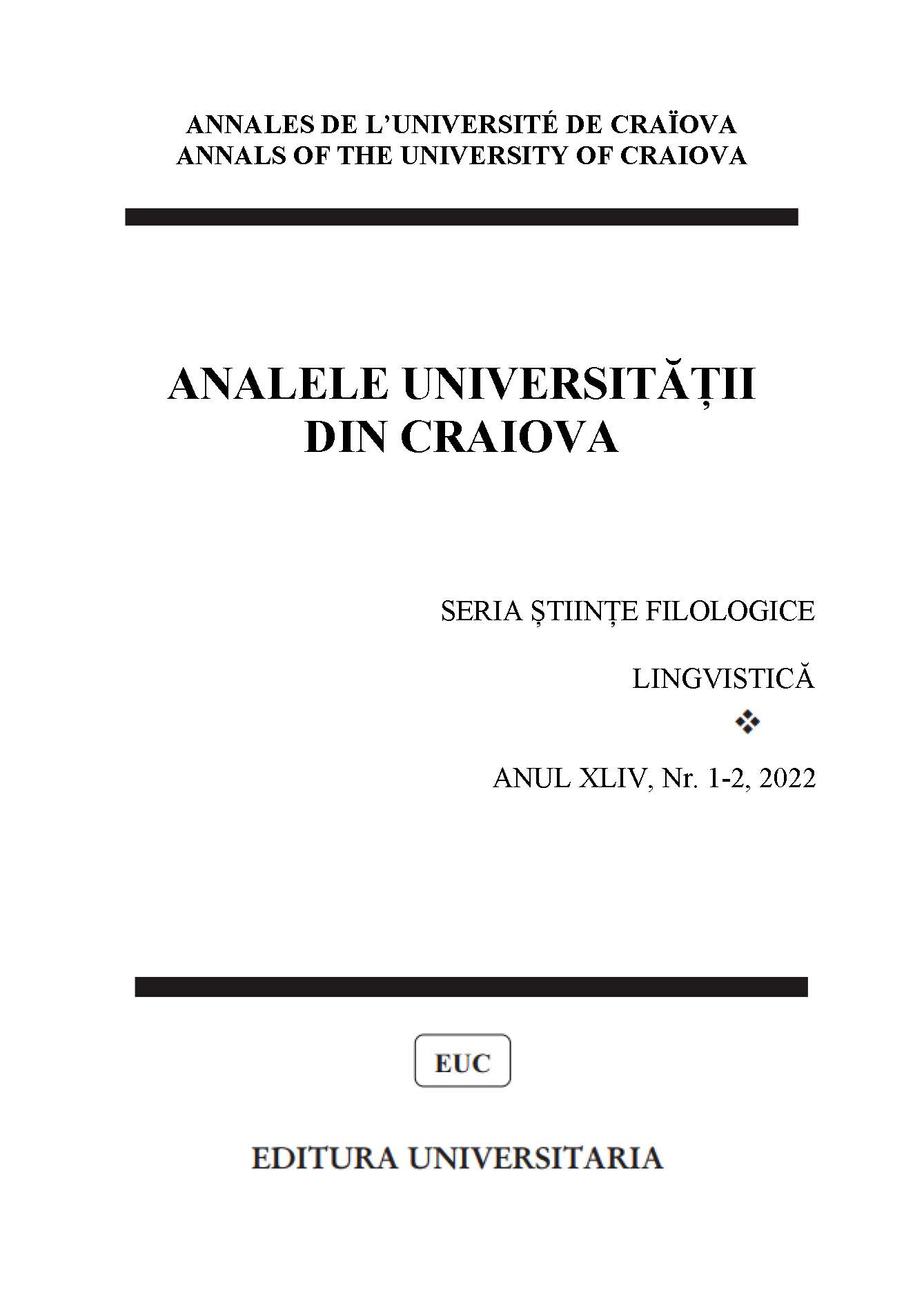On Two English Modal Predicates Hard to Find in English Grammar Books
On Two English Modal Predicates Hard to Find in English Grammar Books
Author(s): Leszek SzymańskiSubject(s): Language and Literature Studies, Theoretical Linguistics, Morphology
Published by: Editura Universitaria Craiova
Keywords: modality;modality-negation interaction;modality-perfect interaction;
Summary/Abstract: The paper offers a summative discussion of empirical investigations into two English modal predicates: can with the perfect infinitive and must not with the perfect infinitive. Both these predicate constructions tend not to be mentioned or discussed in grammars of English; some books even forbid them. Thus, one may get an impression that they do not exist or are non-normative. The corpus studies discussed in this paper have shown the opposite, however. The analyzed modal predicates have been reported in both contemporary and historical American English, and also in British English. Moreover, they are not accidental constructions since they have been reported in numerous texts, of different levels of formality, produced by various speakers or writers. The study has also shown that can with the perfect expresses the meaning of speaker’s reasoning about a potential past situation or speaker’s certainty about the non-occurrence of a past situation. Thus can interacts with the perfect and expresses the epistemic flavor. Moreover, the meaning of speaker’s certainty results from the interaction of can with a negative context. Speaker’s certainty that an event did not take place in the past is also a meaning expressed by must not with the perfect. In addition, this modal predicate can express the meaning of a prohibition of a past event. Thus, must not with the perfect can express either the epistemic or the root modal flavor. The latter emerges as a result of modality-negation interaction. The perfect projects the event in the past, i.e. in the retrospective viewpoint. Hence, the study proposes a number of norms thanks to which these two, supposedly non-normative, modal predicates have occurred.
Journal: Analele Universităţii din Craiova. Seria Ştiinţe Filologice. Lingvistică
- Issue Year: 2022
- Issue No: 1-2
- Page Range: 220-236
- Page Count: 17
- Language: English

